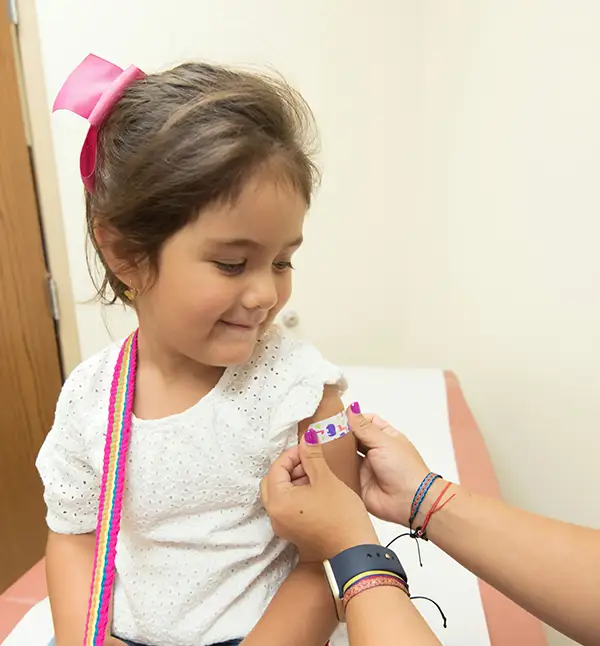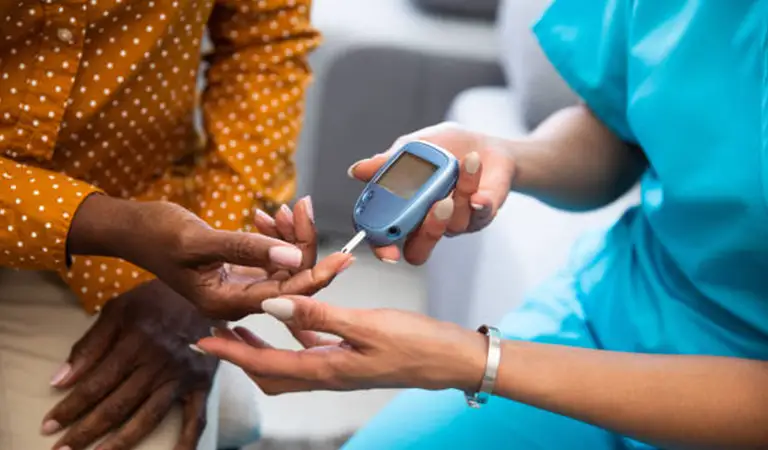FAQs
How to Prepare for the Well Child Visit
To get the most of your time with your primary care physician, take a few steps to prepare:
- Make notes of anything you have noticed about your child’s health and development. Include any changes in behavior.
- Write a list of questions to ask during your visit. Encourage your children to participate.
- Bring any forms that need to be completed for school or sports to the appointment with you
What to expect during your visit
The well child visit is a chance to get regular updates on your child’s health and development. Your health care team will take measurements, conduct a head to toe exam, update immunizations and talk through any concerns.
Be prepared to share information about the following:
- Your child’s growth and development
- Proud moments
- Your family’s health
- Everyday life and challenges
- Any advice from other healthcare professionals or specialists
A special note for parents of teenagers
The well-child visit has a special meaning for teenagers. It is a chance for teens to build responsibility for their own health and wellness. By ensuring teens follow the same steps and regularly attend these yearly visits, you set the stage for their independence. Your teen can expect to have one on-one time with their health care professional. Teens need to prepare for visits so that they can engage in conversations with their health care team and then follow up on tasks to promote their overall well-being. As teens practice these skills, they learn how to promote their own lifelong health. You also continue to support them by encouraging healthful habits at home such as eating nutritious foods, getting a good night’s sleep, and paying attention to their emotional well-being.







